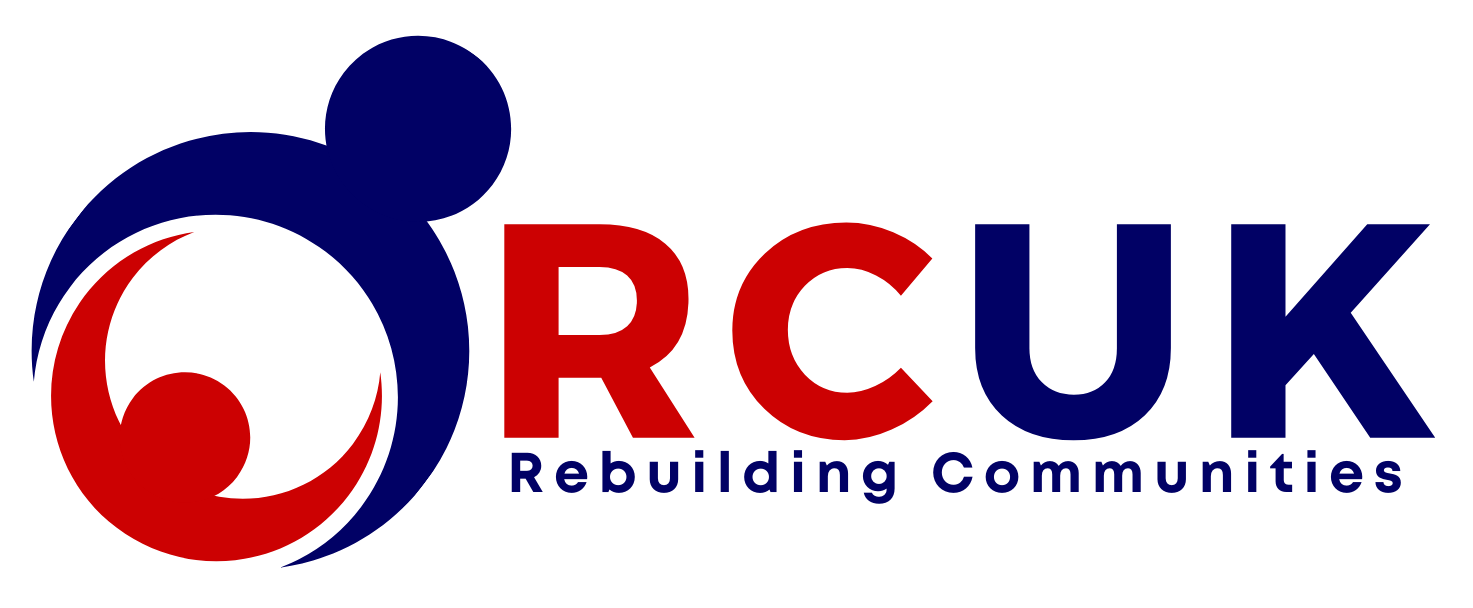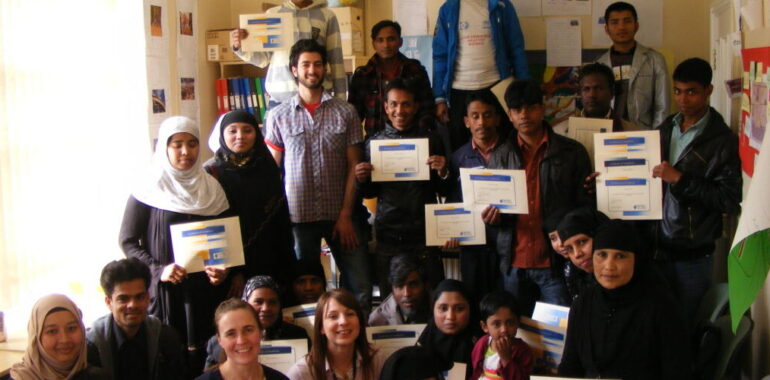The Rohingya are an ethnic minority group from Myanmar (Burma) fled persecution to neighbouring Bangladesh during 1990s. They have been described as “one of the most persecuted minorities in the world” by the UN.
The plight of Rohingya refugees, fleeing persecution and violence in Myanmar, has captured global attention. Among the destinations offering sanctuary is Bradford, where a growing community of Rohingya refugees has found a new life and home.
This report explores how Rohingya refugees have found a safe home in Bradford, detailing their journey and the assistance provided by local organisations and authorities.
For Rohingya refugees, the decision to flee their homeland is often a matter of life and death. Many endure treacherous journeys, risking their lives to escape persecution and find safety elsewhere. For many Rohingya refugees, the journey to Bradford begins with traumatic experiences of persecution and displacement in Myanmar.
Before coming to Bradford, they are settled in UN supported refugee camps in Bangladesh. In 2005 the UNHCR began to assist in the resettlement of refugees from the two registered refugee camps Nayapara and Kutupalong in Bangladesh to other parts of the world first time. They have been living in Bangladesh refugee camps for many years and successfully resettled 302 refugees from 2008 to 2010 under the Gateway Protection Programme. More recently, Bradford has received some Rohingya family under the UK Refugee Resettlement from Malaysia, Indonesia and Thailand.
Bradford is now are home to a sizeable Rohingya community, who fled genocide in Myanmar known as Burma—interestingly, it is the largest Rohingya community in the whole of Europe.
Upon arrival in Bradford, Rohingya refugees are met with a supportive network of organizations and partners to this programme are CBMDC departments of Housing, Children and Young People’s Service, Safer and Stronger Community and Adult services, Horton Housing Association (HHA), Bradford and Airedale Primary Care Trust, Education Bradford, Department of Works and Pension, Opening Doors which includes – Manningham Housing Association (MHA), Accent Housing Association, and Brunel Housing Association. They were dedicated to assisting their settlement and to provide essential services, including housing, healthcare, education, and employment support. This collaborative effort ensures that Rohingya refugees can access the resources they need to integrate into their new community and thrive.
Integration into a new society poses numerous challenges for Rohingya refugees, including language barriers, cultural differences, and trauma from their past experiences. However, the welcoming environment in Bradford and the support of local organisations play a crucial role in facilitating their integration process.
Community centers, mosques, and cultural organisations provide spaces for Rohingya refugees to connect, socialise, and access support services. Language classes, cultural orientation programs, and vocational training initiatives help Rohingya refugees acquire essential skills and knowledge to navigate their new environment successfully.
Additionally, grassroots initiatives led by RCUK and Rohingya community leaders foster a sense of belonging and solidarity among refugees. These initiatives celebrate Rohingya culture, traditions, and heritage while also advocating for their rights and recognition within the broader community.
Despite the challenges, the Rohingya refugees in Bradford shown resilience and determination of remaining steadfast in the face of adversity. Drawing strength from their community ties and cultural heritage, they continue to persevere, aspiring to building brighter futures for themselves and their families.
However, the journey of Rohingya refugees to safety in Bradford is a witness to the resilience, compassion, and solidarity of both refugees and the local community. Through collaborative efforts and unwavering support, offering hope, dignity, and the opportunity for a new beginning. In Bradford, Rohingya refugees have found more than just a new home – they have found hope for a brighter future.
As the Rohingya community continues to grow and thrive in Bradford, it serves as a poignant reminder of the importance of compassion, inclusion, and solidarity in addressing the global refugee crisis.

